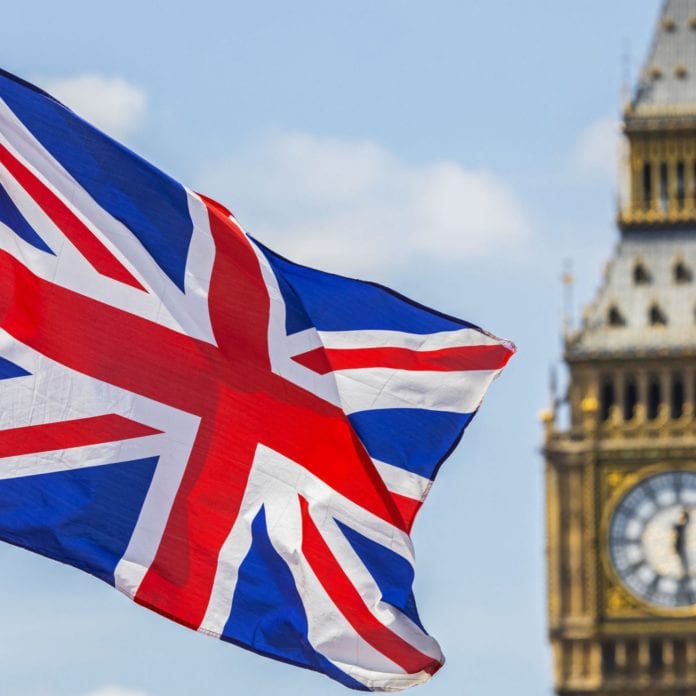Broadcast bands cleared for mobile services ahead of 2021 auction
U.K. telecom regulator Ofcom announced it has completed the three-year process of clearing spectrum previously used to host broadcast services, ahead of auctioning it to mobile carriers next year.
The project to clear the 700 MHz spectrum band, which is expected to be used for the provision of 4G and 5G services, was unveiled in 2012 and required collaboration with a range of stakeholders already using the frequencies. These included providers of digital TV transmissions and wireless microphone users.
Ofcom noted the spectrum would be ready for use by mobile operators as soon as the auction is complete and licenses are allocated. “Following the project’s completion, spectrum which is due to be auctioned in these frequencies can be used immediately after the auction. This means mobile companies will be able to use it to provide mobile services to customers,” Ofcom said.
“Clearing the 700 MHz band for mobile meant many TV transmitters needed to change the frequency they used. Ofcom planned the new frequencies for the TV transmitters. This was a complex job: all the new frequencies needed to ‘coexist’, meaning neighboring transmitters didn’t interfere with each other. We also needed to negotiate agreements with other countries to make sure our spectrum use didn’t interfere with theirs,” Ofcom added.
Earlier this month, Ofcom announced plans to hold a 5G spectrum auction in January 2021, rejecting calls from some carriers which had suggested a direct allocation process rather than a traditional sale.
In a statement, Ofcom stated the auction would cover the sale of 80 megahertz in the 700 MHz band and 120 megahertz of spectrum in the 3.6 GHz-3.8 GHz band.
Ofcom noted that the auction will increase the total amount of spectrum available for mobile operators in the U.K. by 18%.
Some mobile operators had argued for the spectrum to be allocated through an administrative process, instead of an open auction. In June, U.K. telecommunications group Vodafone had called for the government to abandon this upcoming spectrum of 5G spectrum, following the government decision to ban the use of Huawei gear in future networks.
Having examined this suggestion, Ofcom said that a decision of that kind would not meet its duty to secure optimal use of the UK’s spectrum.
In the new spectrum auction, Ofcom will offer six lots of 2×5 megahertz in the 700 MHz band with a reserve price of £100 million ($130.4 million) per lot. The process will also include four lots of 5 megahertz of 700 MHz downlink-only spectrum, with a reserve price of £1 million per lot and 24 lots of 5 megahertz of 3.6-3.8 GHz spectrum, with a reserve price of £20 million per lot.
Ofcom also confirmed that it will not include any coverage obligation in the spectrum auction and that it will implement an auction format known as “simultaneous multiple round ascending” (SMRA).
Ofcom has imposed a 37% cap on overall spectrum holdings. As a result, BT and EE will be allowed to obtain a maximum of 120 megahertz, while Three and Vodafone will be able to secure up to 185 megahertz and 190 megahertz respectively. Due to its current spectrum holdings, O2 will not be restricted by the cap, Ofcom said.

